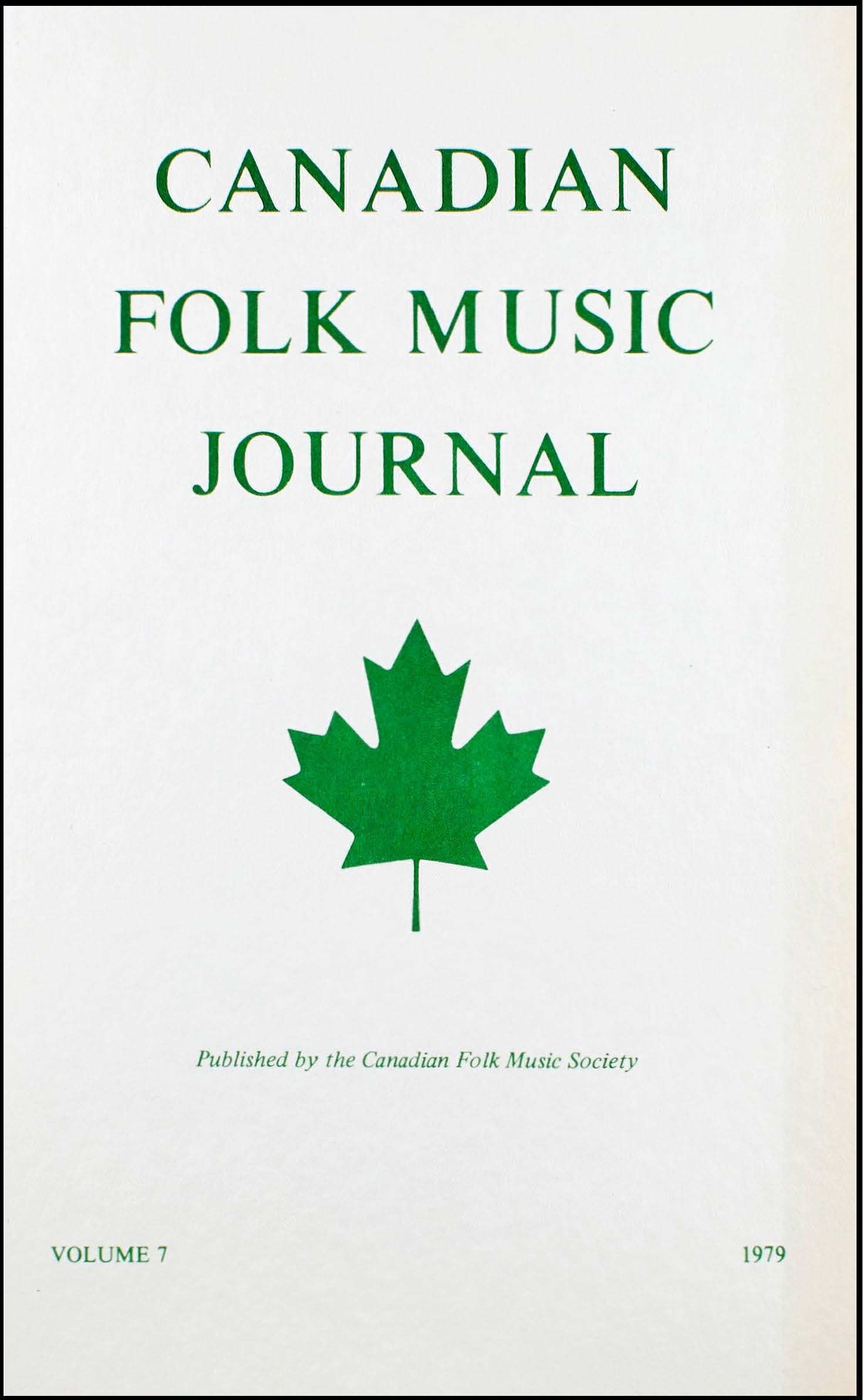Abstract
Versions of a French ballad collected on the east coast of Canada (Acadie) are compared to Child No. 12, Lord Randal. The French ballad, Le testament du garçon empoisonné, is shown to be a popular translation resulting from the folk cultural exchanges that occurred in Canada, either in lumbercamps or among mixed (i.e. French-English) families. This French ballad has no ancestor in France, but a French Lord Randal does exist among the displaced “ Cajuns” of Louisiana. While it is impossible to identify a unique source for the French Testament, the Louisiana version seems to be the work of a literate craftsman whose source can be clearly traced to Child D version, first published in Scotts Minstrelsy. The tight language barrier which usually stands between the French and the English folk cultures seems to have been crossed in this, and in other similar cases, thanks to the intrinsic characteristics of this beautiful: Anglo-Scottish ballad. The characteristic mode o f narration of Lord Randal, its economy of details and dramatic effectiveness, seem to have impressed a French audience, who then proceeded to adapt and then adopt this English ballad into its own French repertoire. It may be inferred that a similar process of translation, adaptation, and adoption may have occurred centuries ago, in old Europe, for many of the well known ballads that have equivalents in several European languages.- The author retains copyright over the work.
- The author grants the journal owner (The Canadian Society for Traditional Music / La Société canadienne pour les traditions musicales) an exclusive license to publish the work.
- The author may post a pre-print or post-print version of the work (see definitions below) on a personal website for up to twelve months after the work is published in MUSICultures. After twelve months, the pre-print version must be replaced with the published version.
- The author may deposit the published PDF of the work in a non-commercial online repository twelve months after the work is published in MUSICultures, or any time thereafter.
- Any such deposit must include a link to the work on the MUSICultures website, e.g., https://journals.lib.unb.ca/index.php/MC/article/view/19996
A pre-print is a work-in-progress—a contribution not yet accepted, or perhaps even submitted, to MUSICultures.
A post-print is the version of a contribution after peer review and acceptance by MUSICultures, with revisions completed.
The published version is the PDF file of a contribution as it appears in MUSICultures.
Please note that academia.edu and ResearchGate.com are both for-profit repositories; authors may not deposit the published PDF of the work in these repositories until after the journal’s embargo period.
For permission to reprint or translate material from MUSICultures, please contact Heather Sparling, General Editor of MUSICultures (heather_sparling@cbu.ca).

